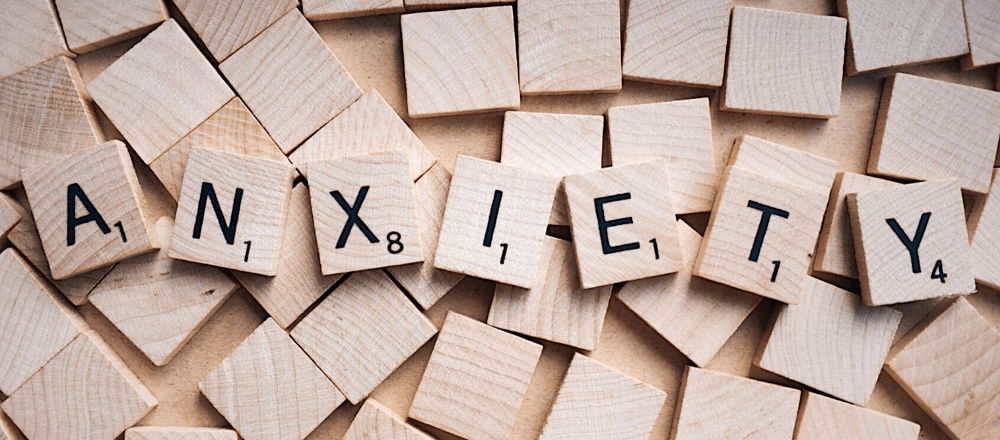Most people often use the terms anxiety attack and panic attack interchangeably; however, they are not very similar. Both of these attacks have different causes, duration and intensities. Anxiety is often stimulated by some specific stressors and builds gradually over a period of time. On the other hand, panic attacks have the tendency to occur abruptly and unexpectedly.
Read on this article to learn more about the differences between anxiety attacks and panic attacks.
Panic Attack
Panic Attack is a classified medical condition, and it is characterized by the DSM-V system, which is used to describe conditions affecting someone’s mental health. This system defines a panic attack as “An abrupt episode of intense fear that prompts severe physical reactions when there is no apparent cause or real danger”. The following are the symptoms:
- Chest pain
- Abdominal cramping
- Dizziness
- Faintness or lightheadedness
- Fear of death or loss of control
- Feeling of detachment
- Rapid or racing heart rate
- Headache
- Nausea
- Shaking or trembling
Symptoms of panic attacks typically stay for a short period of time, lasting about 10-12 minutes. Some people wrongly assume that they are having a heart attack and call an ambulance. However, the primary symptom of a panic attack is the feeling of impending doom or immediate threat, which can make a person try to escape or cry for help.
Anxiety Attack
As all of you know, an anxiety attack is not an accepted medical condition as characterized by the Diagnostic and Statistical Manual of Mental Disorders Fifth Edition (DSM-V). Let’s be clear, and this does not mean that it is not a real thing. Instead, it is a term that patients with anxiety disorder use to explain extended or intense periods of anxiety.
Symptoms of these attacks are more severe than the basic feeling of anxiety but less drastic than a panic attack and may persist for weeks. These are some symptoms of panic attacks:
- Feeling irritable
- Muscle tension
- Feeling particularly on edge
- Finding it challenging to control worries
- Tire easily
- Insomnia or other sleep disorders
Differences Between Panic and Anxiety Attacks
Maybe the most crucial difference is that anxiety attack is a non-literary term that has come into popularity among people with stress or anxiety disorders to explain periods of severe anxiousness, and panic attack is a classified medical condition, and it is characterized by the DSM-V system which is used to describe conditions affecting someone’s mental health. Some other differences are:
- Panic attacks are disruptive and intense, and sometimes there can be severe physical symptoms that are worse than the anxiety itself.
- Panic attacks can happen without a stimulant, while anxiety typically occurs in response to an apparent threat or stressor.
- Anxiety attacks may vary from severe to mild. Panic attacks usually involve a sense of “detachment” and “unreality”.
- Panic attacks typically moderate within a short period of time, whereas anxiety symptoms can continue for long periods.
- Anxiety attacks become slowly more intense over hours, days, or even weeks, while panic attacks often happen suddenly or unexpectedly.












Leave a comment